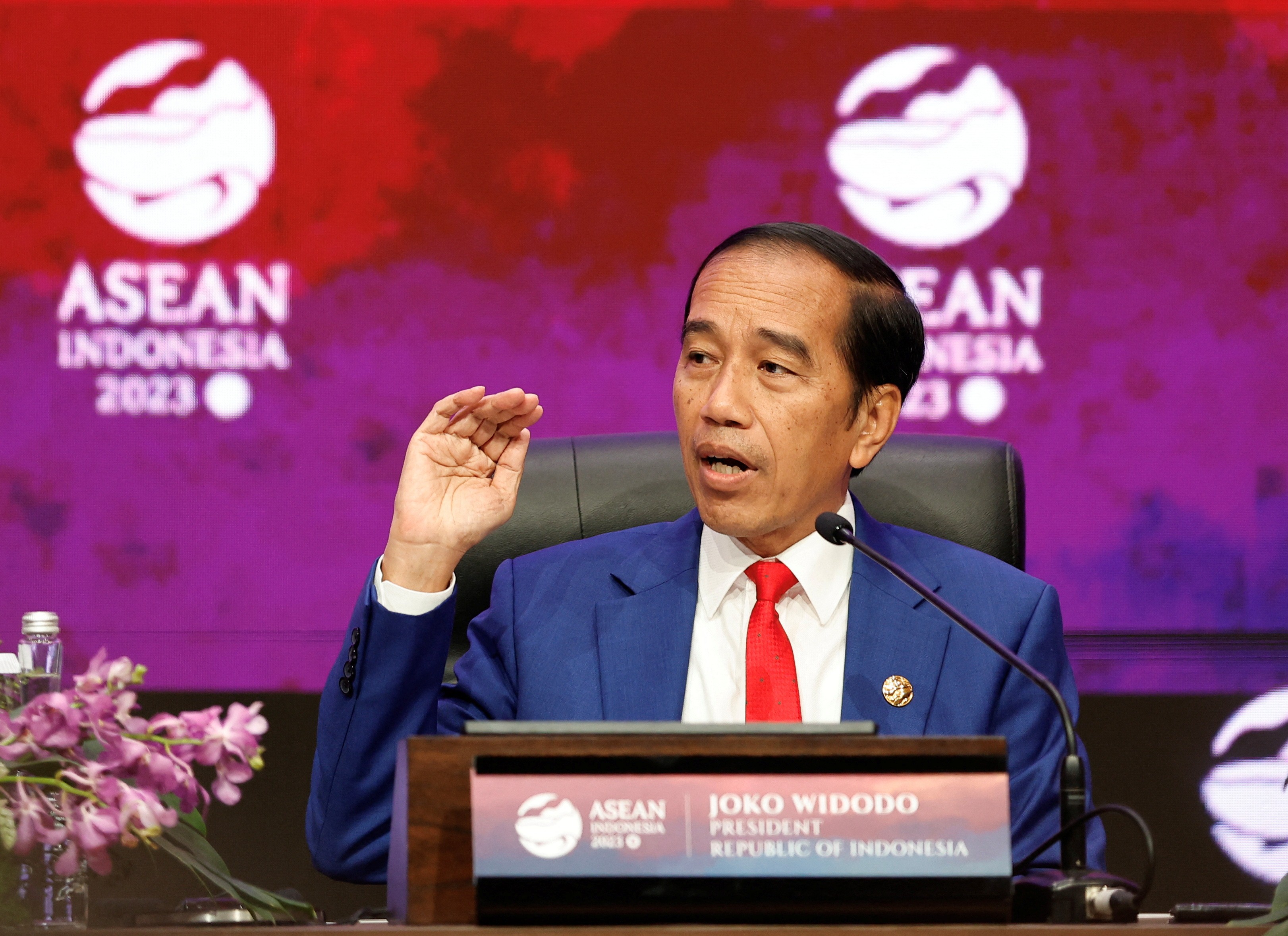Indonesia may issue on Tuesday a regulation on the use of social media to sell goods in the country, President Joko Widodo said, a move intended to quell threats to offline markets in Southeast Asia's biggest economy.
Ministers have repeatedly said that e-commerce sellers using predatory pricing on social media platforms are threatening offline markets in Indonesia, with some officials specifically citing the video platform TikTok as an example.
"We just ... decided on the use of social media for e-commerce. Tomorrow it will perhaps come out," Widodo, who is commonly known as Jokowi, said in a streamed video address on Monday.
"What the people are expecting is that the advancement of technology can create new economic potential, not kill existing economies," Jokowi said.
Jokowi did not mention any specific companies or offer further details on the regulation, which is being formulated by the trade ministry.
Current trade regulations do not specifically cover direct transactions on social media.
Deputy Trade Minister Jerry Sambuaga earlier this month said that "social media and social commerce cannot be combined," vowing to ban the mix of the two, citing TikTok's "live" features that allow people to sell goods.
A TikTok Indonesia spokesperson on Monday said that social commerce was important for local sellers and helps connect them with local creators who can direct traffic to their online shops.
"While we respect local laws and regulations, we hope that the regulations take into account its impact on the livelihoods of more than 6 million sellers and close to 7 million affiliate creators who use TikTok Shop," the spokesperson said, referring to TikTok's shopping platform.
The company said that its app had 325 million Southeast Asian users that were active every month, of whom 125 million were in Indonesia.
TikTok is owned by Chinese tech company ByteDance.






















































